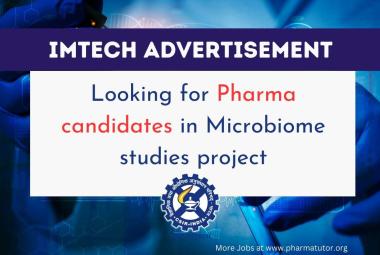U.S. Food and Drug Administration authorized the first test to identify the emerging pathogen Candida auris (C. auris), which can cause serious infections in hospitalized patients.
[adsense:336x280:8701650588]
Specifically, the FDA permitted marketing for a new use of the BRUKER MALDI Biotyper CA system for the identification of C. auris, adding to the system’s already cleared uses for the identification of 333 species or species groups, covering 424 clinically relevant bacteria and yeast species.
C. auris is a yeast that can cause serious infections in hospitalized patients (e.g., bloodstream infections) and is frequently resistant to multiple antifungal drugs used to treat Candida infections.
The BRUKER MALDI Biotyper CA system uses a technology known as matrix-assisted laser desorption/ionization (MALDI-TOF) mass spectrometry in combination with a reference organism database. Microorganisms cultured from patient samples are ionized by the laser to produce an organism spectrum, which is matched to the reference organism database for proper identification. Availability of a device that reliably identifies a wide-range of pathogens is important for the timely identification of microorganisms associated with emerging outbreaks and also improves laboratory productivity and patient care.
“Although mass spectrometry technology has been a powerful scientific tool since the 1980s, it is only within that the last five years that it has been effectively used for the identification of microbiological organisms and is now a widely recognized standard of practice for clinical laboratories,” said Donald St. Pierre, acting director of the Office of In Vitro Diagnostics and Radiological Health in the FDA’s Center for Devices and Radiological Health.
In addition, the FDA plans to propose to exempt certain mass spectrometry microorganism identification system processes from an additional premarket review after a system process receives a first-time FDA marketing authorization (e.g., 510(k) clearance). A proposed exemption of this kind would further meet the need for updates to device-specific organism databases and enable these mass spectrometry devices to expand their microorganism identification capabilities in the least burdensome manner.
The FDA evaluated the use of a standard protocol for adding C. auris to the BRUKER MALDI Biotyper CA system database in conjunction with the performance data of 28 C. auris isolates (samples) and other supporting analytical studies.
The FDA granted marketing authorization to Bruker Daltonik GmbH













